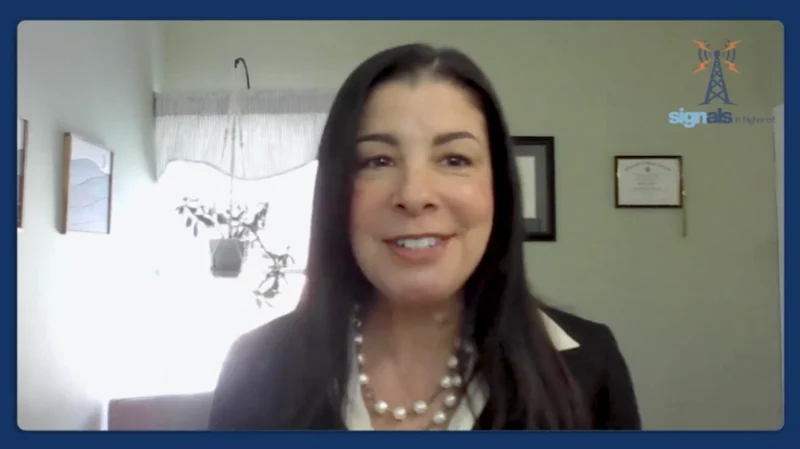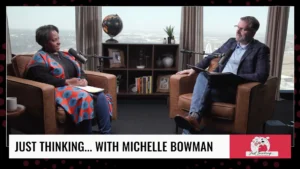Evaluating the Global Educational Format Through More STEM Incorporation
For years now, a lot of discussion surrounding the STEM field has mostly focused on the lack of students pursuing the academic fields of science, technology, engineering, and mathematics. Although the shortage remains true, there’s also been a lot of work done to improve the numbers, according to the Bureau of Labor Statistics. In an episode of DisruptED, hosts Ron J Stefanski and Dr. Caesar Mickenstalked to two Croatian nationals dedicated to changing the current landscape of what education looks like, the gaps that exist, and how they are emphasizing STEM. Guests Marin Troselj, the CEO of STEMI, and Slobodan Velikic, a Chief Business Officer and Partner with STEMI, talked about their platform’s mission and their thoughts and solutions to what needs reorganizing.
Mickens stated that STEM numbers are concerning and there needs to be some kind of reinvigoration of the field to get the youth more readily interested and involved. While the U.S. once was No. 1 in STEM graduates, they are seeing lower numbers, and they are not alone. Globally, there’s been a drop in STEM graduates and professionals, said Mickens. But getting students to seek out STEM isn’t the only issue; it starts with going up against an increasingly outdated structure and teaching methods.
“In my opinion education around the world is going in the wrong direction,” said Troselj. “We are teaching kids to be experts in tests and not how to build meaningful stuff. We teach kids that the right answer is always in textbooks and don’t prepare them for the real world.”
Troselj stated that much of education was built to support the educational needs to produce a workforce for factories. Despite it evolving since, it still maintained its industrial roots.
With STEMI, Troselj and Slobodan Velikic are reshaping that landscape by making the testing and textbooks schools take a backseat. But more so, by turning education into something students can use outside of schools to solve real-life issues in their communities.








